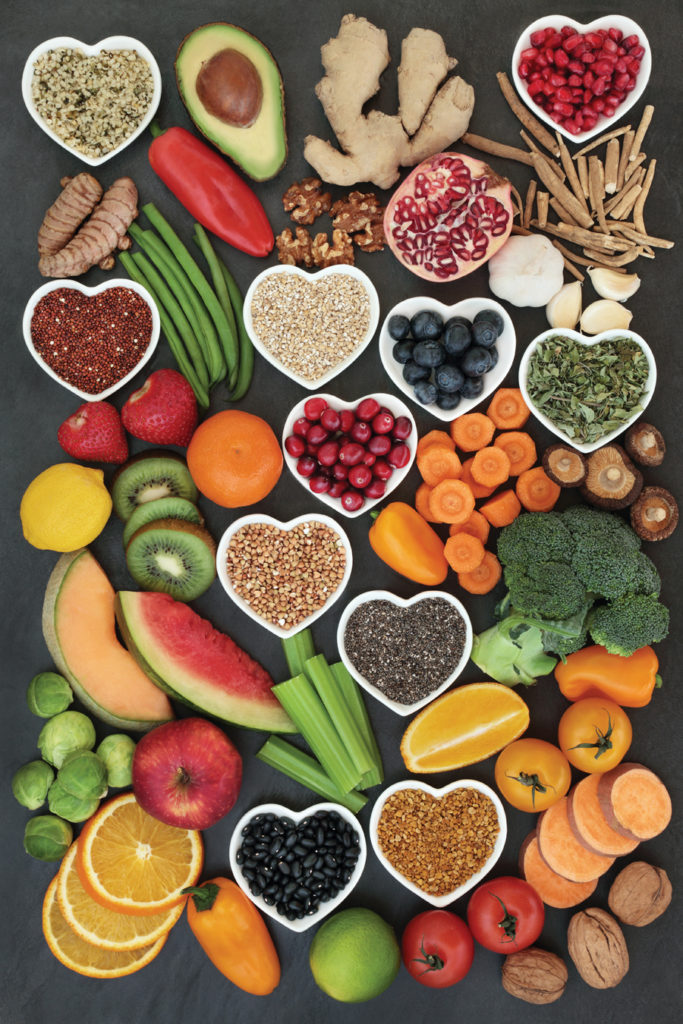
More than 100 million Americans have potentially life threatening fatty liver disease and most do not even know it. Overeating and drinking excessive amounts of alcohol this holiday season could put someone already with the disease on the fast track to liver failure.
“There are usually no symptoms associated with fatty liver disease and no pain, so it goes undiagnosed in many people. Overtime if not diagnosed the condition has the potential to cause end stage liver failure.” said Dr. Candice Dunn, an internal medicine primary care physician at Houston Methodist Primary Care Group. “In fact, the disease is so prevalent that it will soon overtake Hepatitis C as the No. 1 reason for liver transplantation in the United States.”
Fatty liver disease is a group of disorders which all cause fat deposits in liver cells. This disrupts normal liver functioning and at a certain point can lead to liver failure and in some cases death. It is thought that insulin resistance could be the main factor initiating the disease, but genetics, environmental factors, weight, diet, exercise and many other factors can contribute. By definition the disease is not caused by alcohol intake but once diagnosed alcohol intake of any amount can severely worsen the disease. Many people with this condition suffer from metabolic syndrome, a constellation of factors which includes a large waist circumference (men greater than 40 inches, women greater than 35 inches), high blood pressure, high cholesterol and insulin resistance that heighten the risk of heart attack, stroke and type 2 diabetes.
“Fatty liver disease, much like type 2 diabetes, is manageable with proper diet and exercise. If you lose seven to 10 percent of your current weight, you can eliminate some fat from your liver,” Dunn said. “I would encourage people this holiday season to use portion control but still enjoy the holidays.”
Dunn says avoid supersizing food; use a smaller plate; don’t fill up the entire plate; don’t go back for seconds; limit the amount of sweets and, of course, limit alcohol intake to one or two drinks per week.”
Vigorous exercise, such as weight lifting, swimming, running or aerobics, between 75 and 150 minutes a week with a heart rate of 120 or above during the holiday season and beyond will help you tackle this problem. Dunn suggests eating fruits and vegetables before attending a family function or holiday party will help a person feel full and avoid foods high in fat. It has been found that up to 20 percent of people with fatty liver disease will develop cirrhosis, which can be life threatening or require liver transplant. Dunn says that number is likely to grow as the nation’s obesity epidemic continues to get worse.
“If people are concerned about whether or not they have fatty liver disease, they can ask their physician to order liver function testing,” Dunn said. “The good thing is that with a few lifestyle changes this is a disease that is very manageable. Portion control and exercise are the keys to keeping it in check.”
To learn more about Houston Methodist Primary Care Group, visit them at houstonmethodist.org/pcg or call 713-441-7265.
 By Sumer Dene
By Sumer Dene

